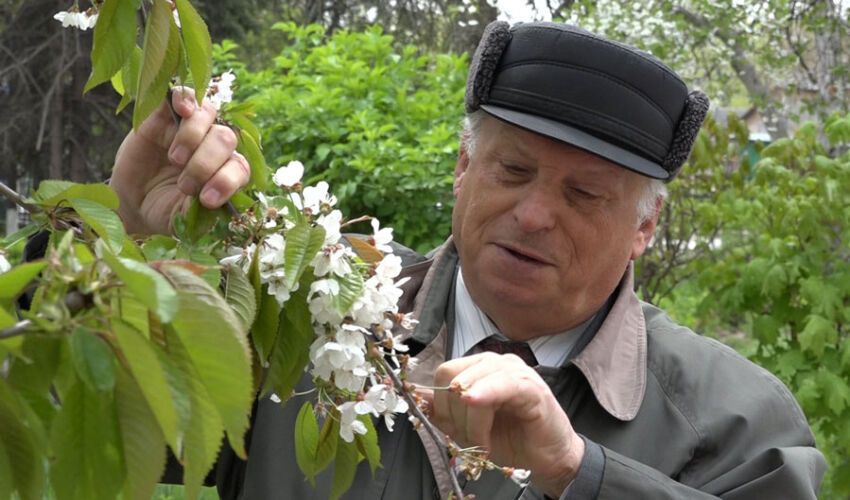
Mikhail Vronskikh
As Mikhail Vronskikh, scientific adviser at the National Center for Seed Research and Production, notes in this regard, average daily temperatures over a relatively long period (a month) are more important for the well-being of people and animals, while the condition of cultivated plants can be greatly affected by weather extremes even over a very short period of time. Meanwhile, the EU information platforms forecast for July-August private increase of daily air temperature in a number of countries in Southern Europe above 40 degrees Celsius.
According to the expert, in the current season (starting from September 2024), the average daily temperature in Moldova was monthly above the average norm by 2.4 degrees Celsius. Only for the last two months the temperature regime was close to normal. However, in some days of June, the difference between the air temperature in the north and south of the country reached 4 degrees Celsius.
At the same time, from September last year to April this year, the precipitation shortfall was estimated at an average of 120 mm. In May, depending on the region, about 80-138 mm of precipitation fell on the territory of the Republic of Moldova, which significantly improved the statistics and the condition of winter crops. However, already in June, the shortfall of precipitation in the regions of Moldova again amounted to 50-60 mm.
“Unfortunately, we observe an effect called climate extremization,” says Mihail Vronskih, “it is a big difference between night and day temperature, between temperatures in geographically neighboring areas, also very dry periods are abruptly replaced by periods of heavy rainfall, often with hail. As a result, in particular, this year we have received the overlapping of harvesting dates of rape and barley, in some regions of Moldova – rape and wheat. Obviously, this is a challenge for farmers in terms of production and post-harvest logistics”.
The drought predicted for at least July may affect the pollination of field crops of the second group. For example, even if maize stalks are well established, utilizing the soil moisture reserves, pollination may be poor due to the heat, resulting in failure to form cobs.

